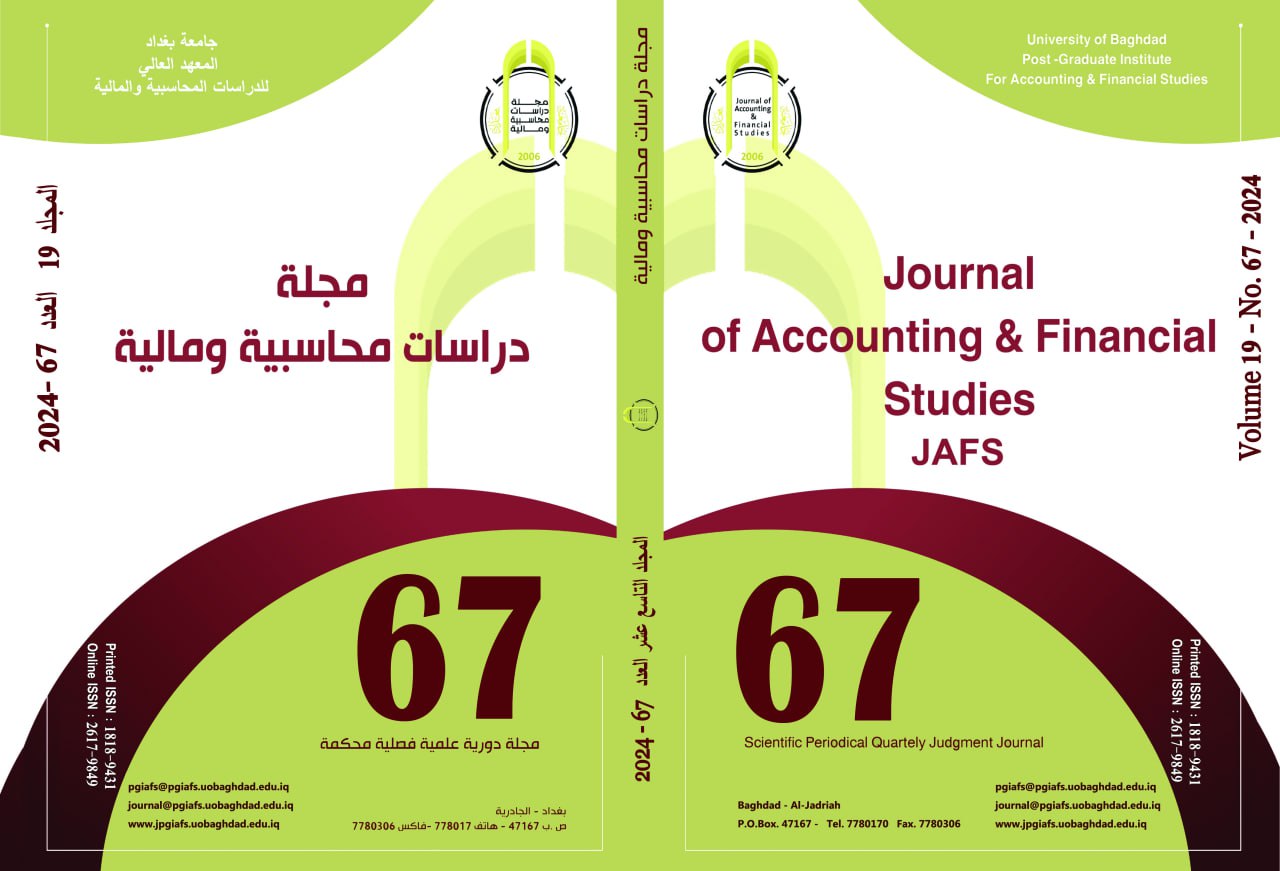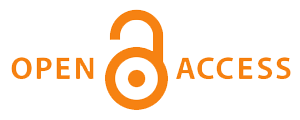Evaluating the principles of internal control according to the updated COSO framework of 2017 and its role in reducing insurance compensation
applied research in the National Insurance Company
DOI:
https://doi.org/10.34093/v3s0ge75Keywords:
Internal control, insurance compensation, risk management, framework COSOAbstract
Abstract:
Building efficient and effective internal control requires the adoption of modern international standards and frameworks for internal control to achieve its goals, as they are the basis for following up on the plans that senior management seeks to achieve. Adopting modern, internationally approved standards represents an important factor for the integrity of internal procedures on the one hand, and a necessary step to improve the decisions of insurance companies in general. The research aims to evaluate risk management in accordance with the integrated and updated COSO framework for the year 2017 as a basis for the evaluation and its role in reducing insurance compensation losses. The research aims to identify international efforts to activate internal control and attempt to address this problem by preparing a proposed model for internal control based on frameworks. Modern control and international standards and integrating them into an integrated model to guide Iraqi general insurance companies in building effective and efficient internal control and applying it to the research sample. Two tools were used to collect the data necessary to complete the research. The first tool is the survey list and personal interviews, through which the extent of compatibility of procedures was determined. The internal control method used in Iraqi public insurance companies with the Integrated Internal Control Framework (COSO) updated in 2017. The second tool was the financial statements of the companies to identify the insurance portfolios that were exposed to losses through insurance compensation in the companies studied.
The researcher reached a set of conclusions, the most notable of which is that insurance companies lack a special department for compensation management and a special department for risk management responsible for evaluating and analyzing risks and selecting insurable risks that do not expose insurance portfolios to compensation losses, as these departments have staff, holders of advanced degrees, and material and human capabilities. Accordingly, it recommends The researcher made a set of recommendations, the most important of which is the need for the company to rely on professional publications related to internal control and to keep pace with developments occurring at the level of publications of international professional organizations such as (COSO) and financial and statistical standards when preparing plans to estimate production operations through estimating premiums, compensation, expenses and the number of documents expected in the future, as well as evaluating The results of the insurance portfolios’ work, diagnosing the strengths and weaknesses, identifying existing deviations, and analyzing the reasons for their occurrence in order to avoid their occurrence in the future.
Downloads
Published
Issue
Section
License
The copyright is transferred to the journal when the researcher is notified of the acceptance of his research submitted for publication in the journal.



